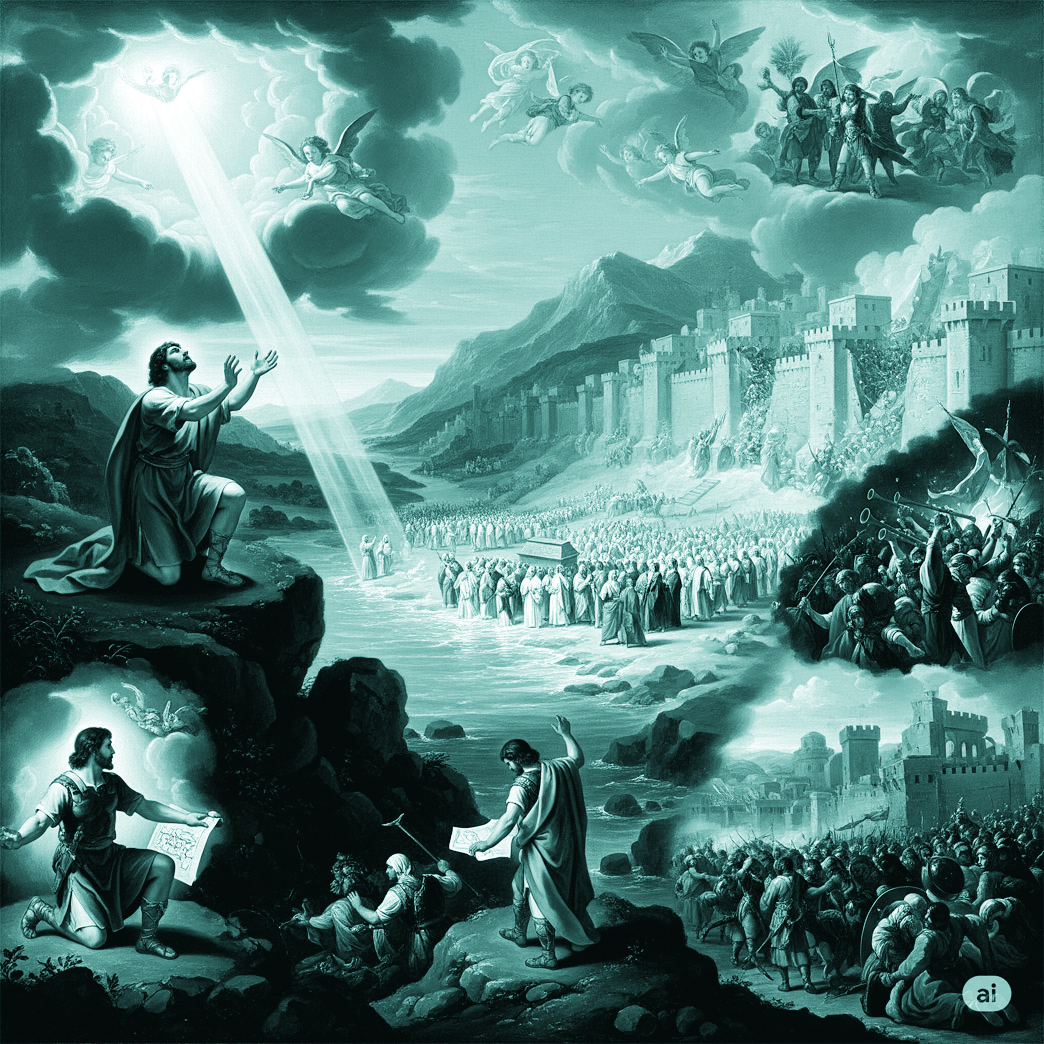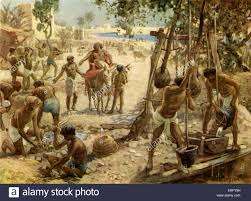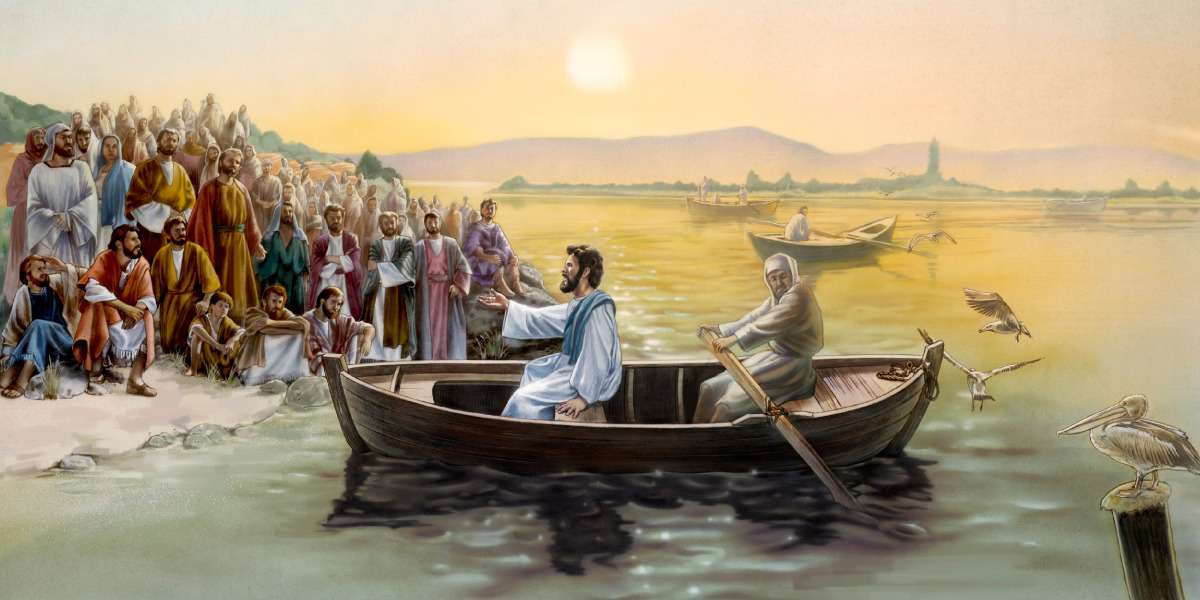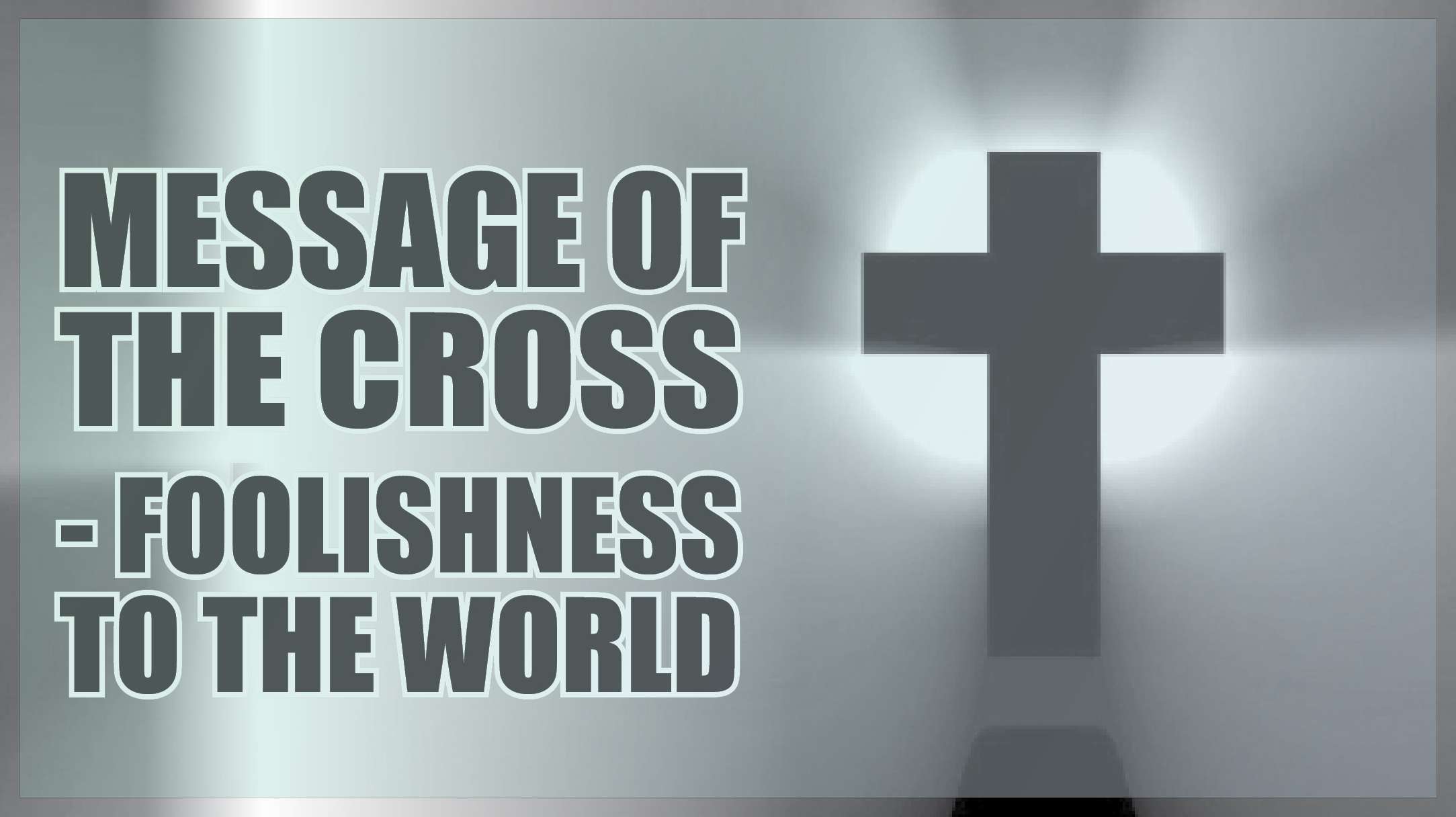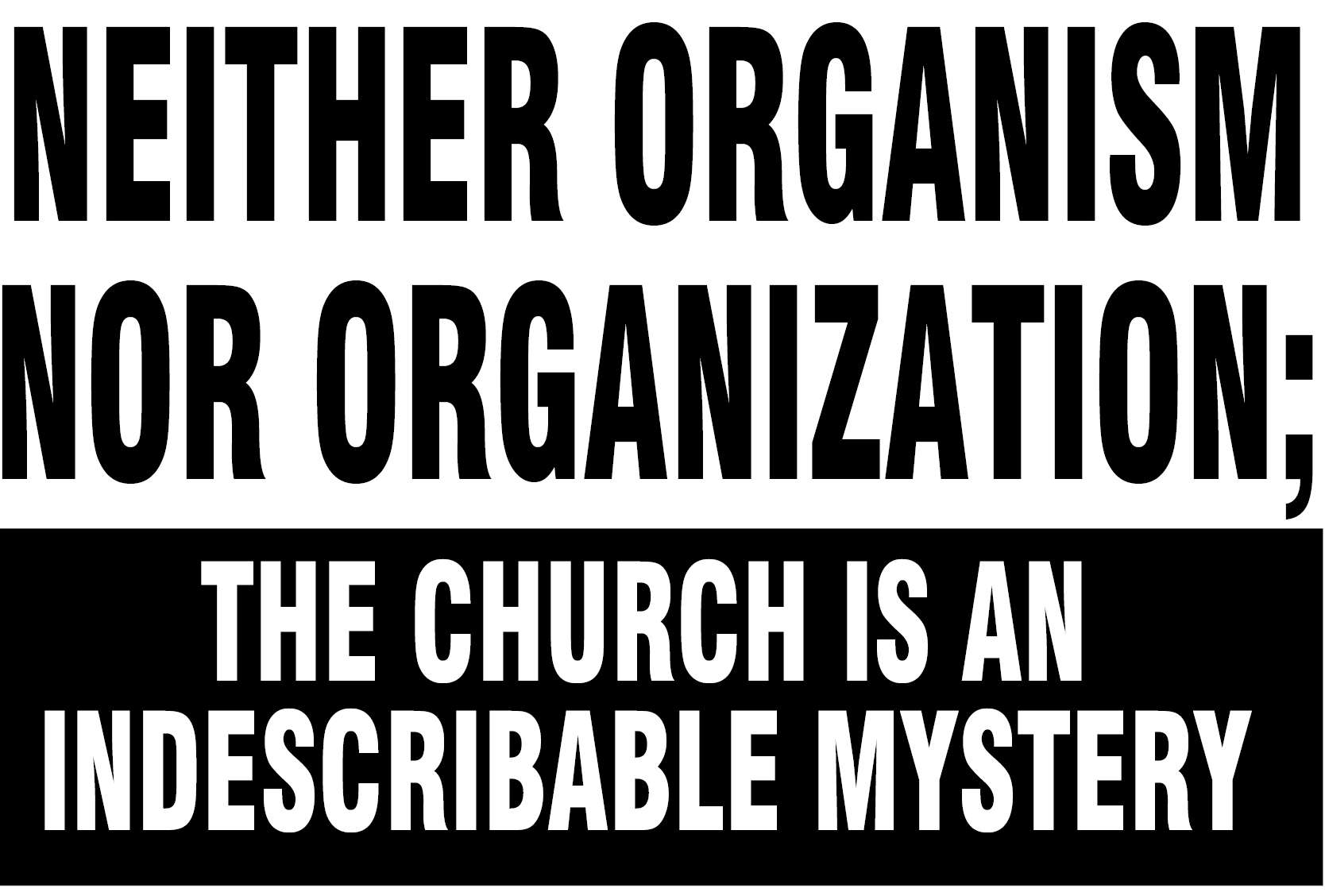

Market place Evangelism
Dr. J. N. Manokaran
There is a lot of discussion and euphoria about Market Place Evangelism today. Sometimes, it is just understood as ministry among the rich, urban, educated and influential people. However, it is better to understand the whole picture.
Market defined
In the ancient times people gathered together in public places. Religious gathering for worship and festivals were common. Social gatherings during wedding, puberty, funeral and other rituals were also common. Economic gatherings happened as people had to sell or buy things essential for their survival. Apart from these, there were political gatherings also. However, the economic gathering was more important and day-to-day affair. On the seashore, fishermen sold fish and that became fish market. Similarly, vegetables and other commodities were sold. This activity of buying and selling became more and more organized and also regularized by the government. Markets emerged as an important aspect of human life. Thus, market could be defined as regular gathering of people in a particular area to buy and sell commodities.
Jesus in the market place
Even during the time of our Lord Jesus Christ’s ministry, there were markets. He visited them and ministered there. There was in illegal market in the Jerusalem Temple. Taking advantage of religious gathering and also need for elements of sacrifice, a market emerged in the temple. The religious leader took control of the market to make hefty profits. Our Lord Jesus cleared the temple, as the market was obstructing people from genuine worship. (John 2:12-22)
The office of Matthew must have been located in the downtown (main commercial area), where he collected the taxes - may be sales and income tax. (Matthew 9:9) Jesus went to the sea shore – He found a crowd there from the fish market. (Luke 5:1-11).
Historical market place mission
In India, there are markets in towns and villages. The urban markets function throughout the year. However, there are mobile weekly markets that happen in various neighbourhoods of cities and in a cluster of villages. Archana Shukla writes that India doesn’t buy in malls; large portions of rural India still buy in haats, or rural market places. According to 2001 census, there are 638,365 villages in India; a study by the Federation of Indian Chambers of Commerce and Industry estimates that 35 percent of these have no shops. Inaccessibility is one reason why; 60 percent of India’s villages are not connected by all-weather roads and 80 percent do not receive regular power supply. Census 2001 indicates that the population in over 45 percent of Indian villages is between 500-2000 and in another 42 percent, below 500.
‘Haats’ are, essentially, a ‘gather and disperse rural supermarket’ that is held, for the most part, once a week. Haats are the only center for commercial, cultural and social activity for the not-so-connected parts of the country. There are 47,000 haats distributed around India, serving the needs of around 70 percent of India’s rural population of 742 million. The average number of stalls in such haats is 200. One-to-three thousand persons visit each haat, of which 15 to 20 percent are women. Each haat caters to 5-50 villages and has average daily sales of Rs. 50,000/- to Rs. 200,000/-. Over half the visitors at haats have shopping lists.
National Council for Applied Economic Research estimates that haats do business worth Rs. 100,000 crore every year. Most of these haats have been in existence for the past 100 years. The missionaries who served in India from Western nations visited these markets to preach and also sell Christian literature. Market place ministry, in fact is not at all a new phenomenon. Post Independence also missionaries/evangelists/pastors regularly preached in such weekly markets throughout the nation.
Melas are another important aspect in India. ‘Melas’ means ‘gathering’ or ‘fair’. This happens once a year and some melas once in few years. Similar to the market place, missionares and evangelists went to these melas to preach the gospel, teach using the magic lamp, screened gospel films, sold literature and performed gospel dramas. This is also a kind of market place evangelism.
Changes in Market
In the human history, one or the other aspect dominates a society. It could be religion, or politics or social structure. Today, the world is dominated by economy. Globalization sees the world as one single market with billions of consumers. So, marketing becomes an important strategy. Malls are one of the places where aggressive marketing is done. Instead of open field weekly markets, air-conditioned malls attract more and more people. Malls are more an urban phenomenon in India.
Mission in Market place
Today, the understanding of market place ministry is: evangelism or Christian activities targeted towards secular work place. In the earlier days, somebody from outside the secular market place had to come and present the gospel. The major reason was that there were not enough witness among the people in the secular market place to share the gospel. However, things have changed. There is Christian presence in the secular market place.
Laity activism
The lay people in the congregation were encouraged to be involved in the ministries of the local church. The lay preachers, choir masters, Sunday school teachers, Vacation Bible School directors were lay people involved in the ministry within the church context. However, these lay people were not seen as focused strategic channels for the gospel in the secular work place. Certainly, there were prayer fellowships in many industries, banks and government offices. Naturally, these fellowships were involved in evangelism. There are many people who came to know Jesus Christ through such initiatives. However, these fellowship had ministry only to colleagues and not clients of the institutions or offices or banks.
Strategic mission
Now, there is a realization and momentum for ministries targeting the secular work place. The Christians in the secular world could be powerful witnesses, disciple makers, bible teachers, mentors and church planters. This is an additional strategy relevant for contemporary context. In no way can this replace traditional ministries or missions or full-time workers.
Model of Daniel
There are models in the Bible to show us how strategic marketplace ministry could be done. One of the examples is Daniel. From his life and ministry, there are principles that could be applied today. Market place evangelism could be done by a person who is: a Witness, a Worshipper and a Worker of excellence or WWW.
Witness
Daniel was a witness. He communicated his convictions on clear terms. (Daniel 1:6-21) He was not comfortable with the culture of Chaldeans who ate meal offered to idols and drank wine lavishly. He spoke with the officers-in-charge and got permission to eat simple food that would not offend his conscience. It was good that he was granted permission and proved that he was good enough to do the civil service in Babylonian Empire.
In the market place, it is essential to communicate the truth. With the culture of intolerance, it is really difficult to witness for the Lord. However, there are no excuses. Politely, courteously, lovingly and shrewdly a Christian can put forth his/her faith and spiritual experience. For example, in almost all government offices, Hindu festivals like Viswakarma day or Ayudha puja is celebrated. The employees contribute for the Hindu deity worship and rituals. As a Christian it is not needed to contribute and participate. This could be communicated wisely and assert the right as citizens of India.
Worship
The colleagues of Daniel knew that he was spiritual, regular worshipper and a man of prayer. They were not Hebrews, in fact, they were his adversaries. In the typical office politics style, they ganged up, conspired and wanted to finish Daniel. For that, they worked hard to find fault in his attitude, work culture, decisions, policies and relationships. Their research and toil did not bring any result. (Daniel 6:4) Only thing, they could accuse him was his personal spiritual life. Daniel’s lifestyle in his secular work place was worship. In other words, whatever he did, he did for the glory of God. Whether you a drink a glass of water, have snacks in the mid -morning, park the vehicle, walk the steps, sit in your place…all should be for the glory of God - worship lifestyle. (Ephesians 6:27)
In the market place, Christians should be known for their personal spiritual life. They should be known as worshipper of the True God and people who pray not only for themselves but for others and the nation. They should be seen as people of the Bible and who could provide advice and counsel according the Word of God.
Work - ethics and excellence
Daniel was a person of integrity, hard work and excellence. His detractors worked hard to find fault with him, but could not find any. Daniel did not do a minimum work at basic standards; but did excellent work with high standards. (Colossians 3:23) What we do, how we do, when we do, where we do, why we do - are all important. Above all, for whom we do is most important. We do not read the sermons of Daniel. But the life he lived penetrated the systems and structures, that his boss – the king of the land, respected and regarded him for his spirituality and piety.
Challenge
It is a historical reality that Christians are now found in many walks of life. In almost all fields of work we find Christian professionals today. If Christians could live out their faith convictions as per biblical standards, they can bring marvelous changes in the society by their positive influence and lasting impact.

